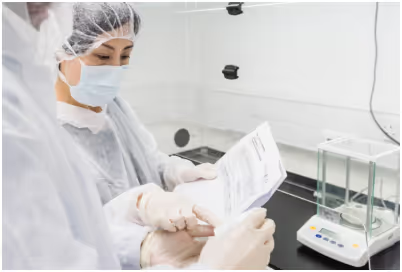The two authors say that early phase clinical trials are becoming more complex but instead of adding extra documents and checklists to regulate these trials, they should instead be regulated through lean processes that can be easily understood, customised, and followed.
They recommend having experienced clinical researchers taking part in the development of guidelines; creating regulation ‘modules’ which can be frequently updated; flexible learning and development curricula for researchers and the certification of trusted sites, researchers and investigators to achieve faster regulatory authorization timelines.
The authors quote a recent trial examining work practices during a SARS CoV2 controlled human infection model where the trial was governed by ‘thoughtful and well-intentioned’ staff who followed the ‘voluminous’ guidelines to the best of their ability. However, a later review showed instances where the guidance was not well implemented or was simply impossible to follow.
The published article can be found here.
















.avif)
